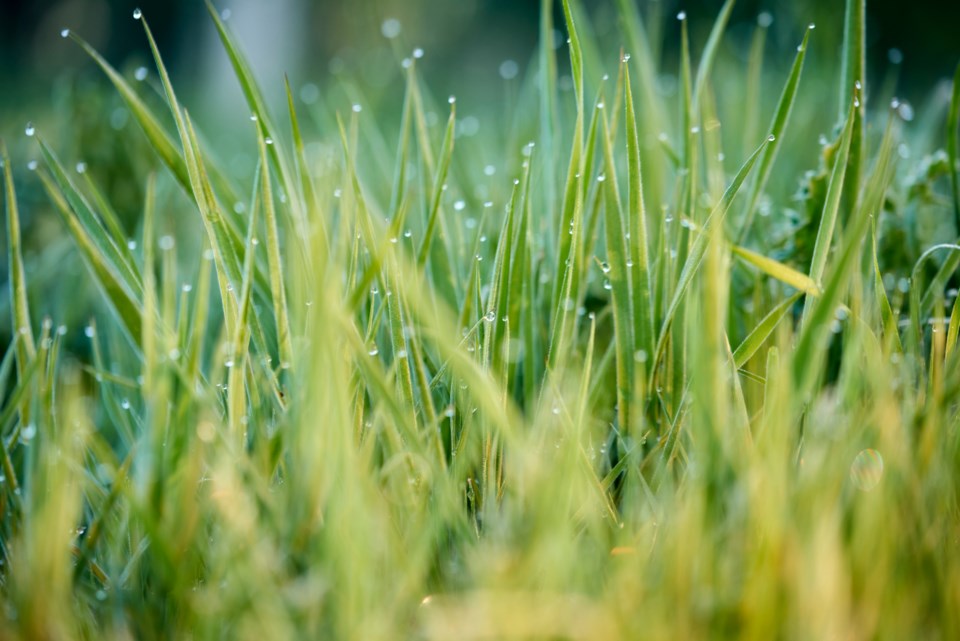BarrieToday welcomes letters to the editor at [email protected]. Please include your daytime phone number and address (for verification of authorship, not publication). The following letter from Barrie resident Kelly Gingrich says gardens would be a better use of lawn space.
*************************
With spring in full swing, let’s rethink our lawns this season.
After a lot more time at home for many of us, we’ve spent some of this time remaking our homes, developing an appreciation for our neighbourhoods, with a reinvigorated appreciation for nature.
As we come out of our houses with the warm weather (still with some precautions, I hope), we can rebuild the spaces between us, created in part by our built environment, and close the gaps between us, starting with those stretches of empty, manufactured grass and strips of concrete in front of the houses that many of us live in.
I have seen an awesome increase in gardens around the city, especially vegetable gardens and pollinator gardens. Gardens are so much more interesting and are a great beautification for our residential streets compared to these flat lawns. Gardens add character to the street and individuality to the home. They also have a better sense of ‘neighbourliness’ that encourages people to be out on their streets instead of isolated inside their homes.
Lawns are a product of suburban sprawl (and colonialism), which is where we have streets of single-detached houses with lawns and driveways in one place, far enough away from other places to need a car to get anywhere.
Decades of studies show that sprawl is destructive, not only to the environment and climate, but to our well-being and sense of community as well. Social isolation, community breakdown and health issues have risen along with sprawl. But our lawns have a lot of potential for repair; they can be part of ‘retrofitting’ suburban areas to brace for the quickening breakdown of Earth’s climate.
Most of us don’t use our front lawns for anything except using time and fuel maintaining a plain patch of grass. Pollinator gardens strengthen the ecosystem that we depend on for survival, and vegetable gardens reciprocate your care for them with fresh, free food. Replacing our lawns, even part of our lawns, with gardens beautifies and strengthens our communities.
Gardens stocked with plant species that are native to this land are best adapted to live here. This means that they don’t require much maintenance or water, let alone pesticides. Bio-diverse gardens also absorb rainwater and protect us from flooding – cities are starting to use plants to collect stormwater because it’s a cost-effective way to buffer extreme weather.
The city must support renaturalizing our lawns to protect biodiversity and create more engaging neighbourhood character. ‘No Mow May’ is a start, where people don’t mow their lawns to let wildflowers bloom, many of which are native species, so that early pollinators can eat enough to survive.
Ditching lawn maintenance bylaws that enforce the standard lawn and developing new bylaws that support renaturalization is another necessary step.
Moving away from the monotonous lawn, toward interesting, beautiful gardens is a more effective use of land, builds local resilience and helps a stronger social fabric take root in our neighbourhoods.
Kelly Gingrich
Barrie
*************************



